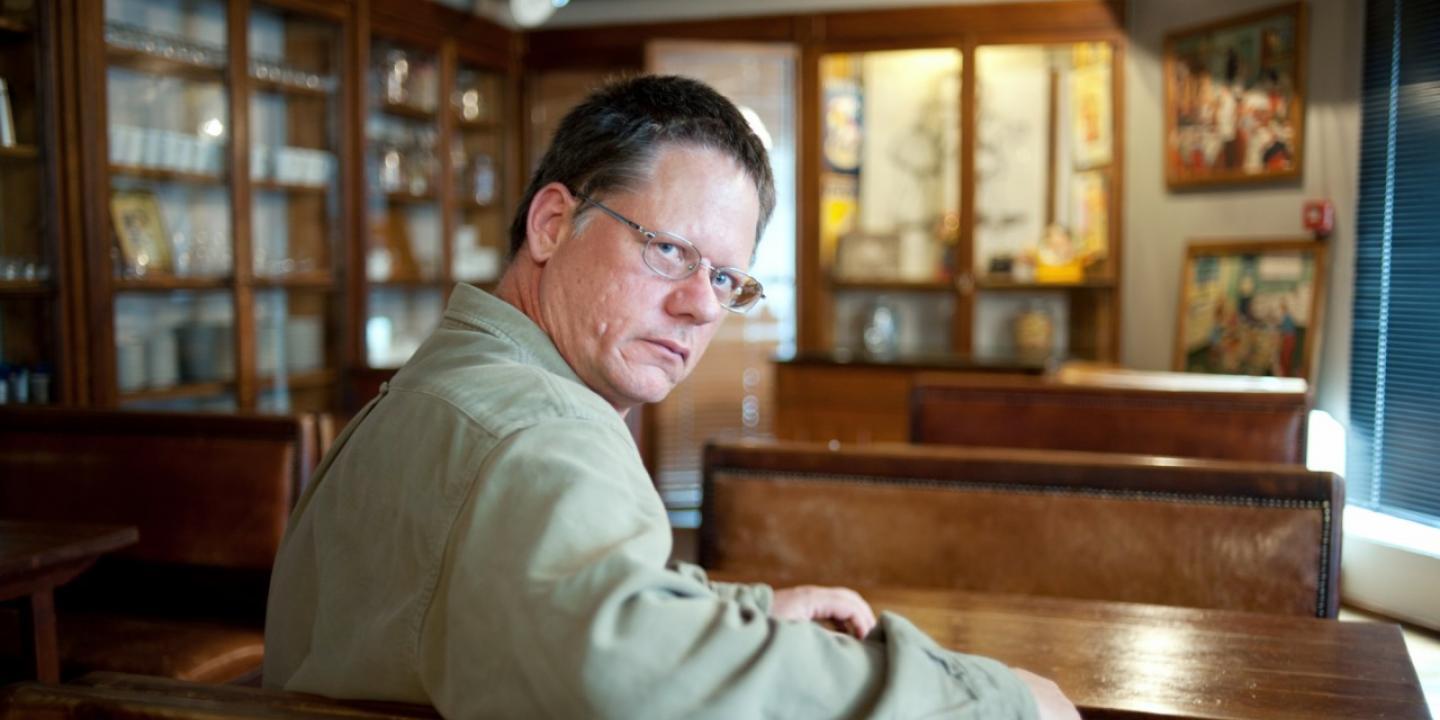In the Boston Review, Ted Hamilton interviews American writer William T. Vollman about his new book Carbon Ideologies, a two-part tome that seeks to answer the question of why we have failed to take any meaningful action to address climate change. Vollman is known for his intrepid field research; in preparation for writing this book, he visited the coals mines of West Virginia, and Fukushima in the aftermath of the nuclear disaster there. Here’s an excerpt from the interview:
TH: A big topic in Carbon Ideologies is expert knowledge and the connection between knowledge and responsibility. Having immersed yourself in this material for so many years, how much of your own job do you see as finding the truth and telling the truth?
WV: The process of writing and editing Carbon Ideologies was very different from my previous books. I knew that if I just wrote a rant about climate change, I would not really be helping anybody. There are plenty of those out there. But if I could somehow give people the tools to make their own cost–benefit analysis, then that would be something new.
So I felt constantly under the gun. I was trying to find people to check and double-check everything from arithmetic to assumptions about greenhouse gases. And many sources disagreed. It was very stressful to look at some large number and think, “This is a sextillion, but what if it is really a quadrillion?” I was doing the best I can so that if someone wanted to, he or she could compare emissions per unit volume of coal to oil, or something like that.
But I am not an expert; the math and science stuff does not come naturally to me. What I am decent at doing is describing people’s experiences and motivations. In Carbon Ideologies, I try to talk about the experience or ideology, if you will, of these different fuels.
The people at Fukushima, for example, used to say, “Thanks to Tepco a lot of people in small towns actually have jobs.” And in West Virginia there was a waitress who told me that in McDowell County, “You’re either a coal miner, you work in a prison, or you’re in prison.”
Image of William T. Vollman via Newsweek.
